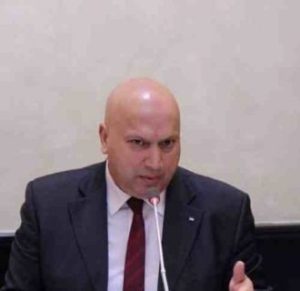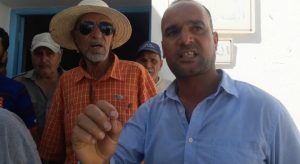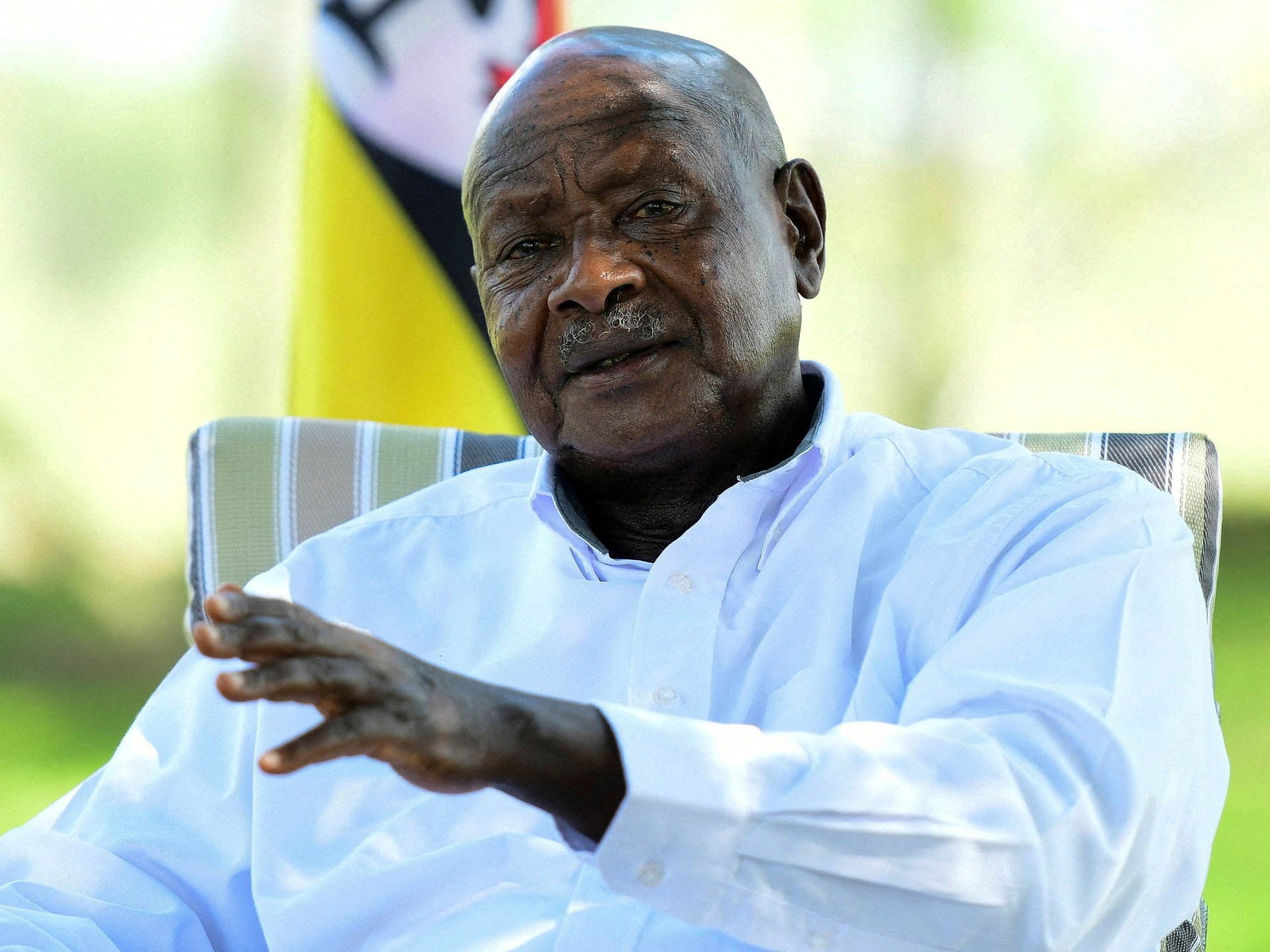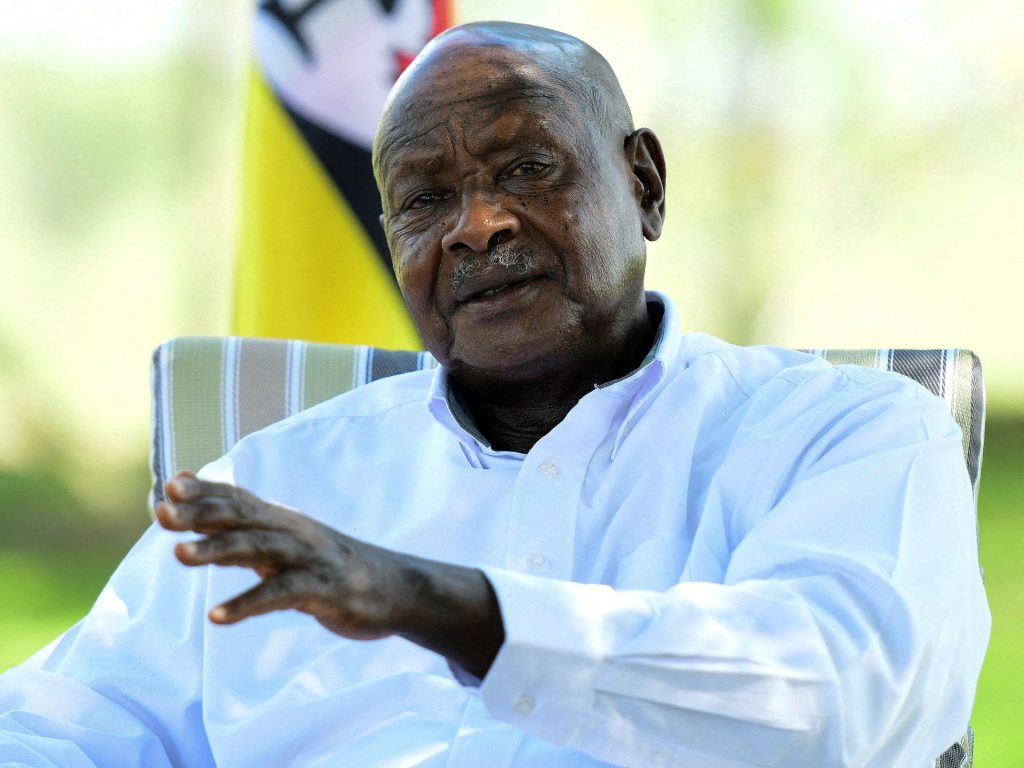Critics of Ugandan President Yoweri Museveni say the deportee reception agreement his government signed with former US President Donald Trump’s administration gives him diplomatic cover shielding him from accountability, as controversial elections approach in five months.
On August 21, the Ugandan Ministry of Foreign Affairs announced an agreement with the United States to receive migrants whose asylum requests were rejected in America but who refuse to return to their home countries. The agreement excludes those with criminal records and unaccompanied minors.
Although Kampala preferred to receive deportees of African origin, Washington proposed deporting Salvadoran citizen Kylmar Abrego Garcia, who became a symbol of opposition to Trump’s deportation policies.
For Uganda, the agreement is not just a migration arrangement but is seen as a diplomatic tool at a critical moment, as critics believe the 79-year-old president seeks to use it to gain international legitimacy ahead of the elections.
While countries like Nigeria, Ghana, and South Africa rejected similar offers from the Trump administration, Uganda chose to present itself as a willing partner in receiving deportees. Adonia Ayebare, Uganda’s permanent representative to the United Nations, was central to the negotiations.
Ugandan and American officials held a series of meetings, the latest on August 30, covering trade, migration, investment, and security issues.
Museveni also had a phone call with US Secretary of State Marco Rubio, who thanked Uganda for its “model of regional stability and contributions to peacekeeping in East Africa.”
Notably, the talks lacked any references to democracy, human rights, or warnings about electoral violations, issues the Ugandan opposition had hoped Washington would raise.
The 2021 elections were the most violent since Museveni came to power in 1986, with dozens killed in protests and thousands of supporters of opposition leader Robert Kyagulanyi, known as “Bobi Wine,” arrested; some remain detained to this day.
As the 2026 elections approach, fears of renewed violence grow, especially after the arrest and torture of several Bobi Wine supporters on orders from General Muhoozi Kainerugaba, army commander and Museveni’s son, who publicly threatened to arrest, torture, and even behead Bobi Wine before the election day.
Outside the electoral context, relations between Washington and Kampala were tense last year, with the US imposing sanctions on Ugandan officials, including the Speaker of Parliament, over human rights abuses, corruption, and anti-LGBTQ legislation that drew human rights condemnations.
Analysts see the deportation agreement as a diplomatic lifeline for Museveni, giving him a chance to ease international pressure, boost his regime’s legitimacy, and neutralize US criticism ahead of the elections.
Professor Christophe Titeca, a researcher on governance and conflicts in East Africa, says Museveni has long exploited Western geopolitical priorities to consolidate his rule, noting that hosting refugees has been one of Kampala’s key tools.
Since the mid-2010s, Uganda has emerged as a key player in global migration policies, benefiting from the European migration crisis and presenting itself as a country capable of hosting large numbers of refugees, in what Titeca calls “refugee leasing.”
Today, Uganda hosts over 1.9 million refugees, the highest number in Africa, giving Museveni international credit despite growing criticism of his record on democracy and human rights.
Titeca adds that “the Ugandan regime understands the importance of hosting refugees at a time when it faces increasing international criticism,” considering the agreement with Washington an extension of this strategy that grants the Ugandan regime valuable geopolitical influence ahead of the 2026 elections.
In the 2021 elections, the US was among Museveni’s harshest critics, canceling its observer mission after most accreditation requests were denied. Then-Secretary of State Antony Blinken called the process “neither free nor fair.”
This was followed by visa restrictions on Ugandan officials accused of undermining the democratic process and committing abuses during the campaign.
Ugandan activist and lawyer Godwin Tuko says the deportation agreement deepens concerns about the integrity of the 2026 elections, giving the regime international cover at a critical moment.
He says, “This agreement gives them freedom to act as they wish during the election season, without any discussion about human rights violations or election fraud.”
He adds that without the agreement, Washington might have raised some concerns about the elections even under Trump’s approach, but “now, it will most likely remain completely silent.”
For his part, Muwada Nkunyingi, foreign affairs official of the opposition National Unity Platform party, says the party does not oppose cooperation with the US in principle, noting the importance of partnership in health and economic development.
He adds, “We support agreements made transparently and in accordance with legal procedures,” affirming that the opposition would abide by them if it comes to power.
However, he calls on Washington to balance its interests with its commitment to human rights and democracy, saying, “The regime will try to use this agreement as a cover, and we call on the US to distinguish between national cooperation and the need to hold the regime accountable for its violations.”














Recommended for you
Talib Al-Rifai Chronicles Kuwaiti Art Heritage in "Doukhi.. Tasaseem Al-Saba"
Exhibition City Completes About 80% of Preparations for the Damascus International Fair Launch
Unified Admission Applications Start Tuesday with 640 Students to be Accepted in Medicine
Egypt Post: We Have Over 10 Million Customers in Savings Accounts and Offer Daily, Monthly, and Annual Returns
Al-Jaghbeer: The Industrial Sector Leads Economic Growth
His Highness Sheikh Isa bin Salman bin Hamad Al Khalifa Receives the United States Ambassador to the Kingdom of Bahrain